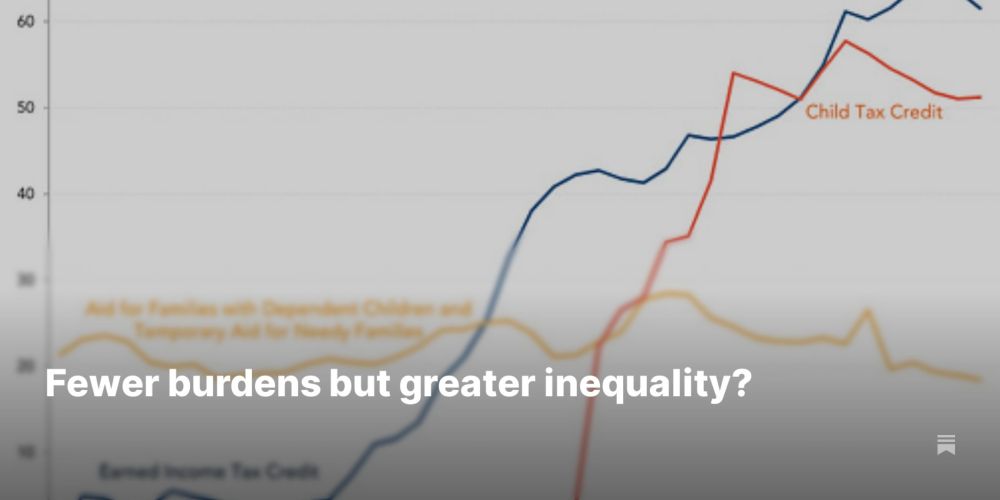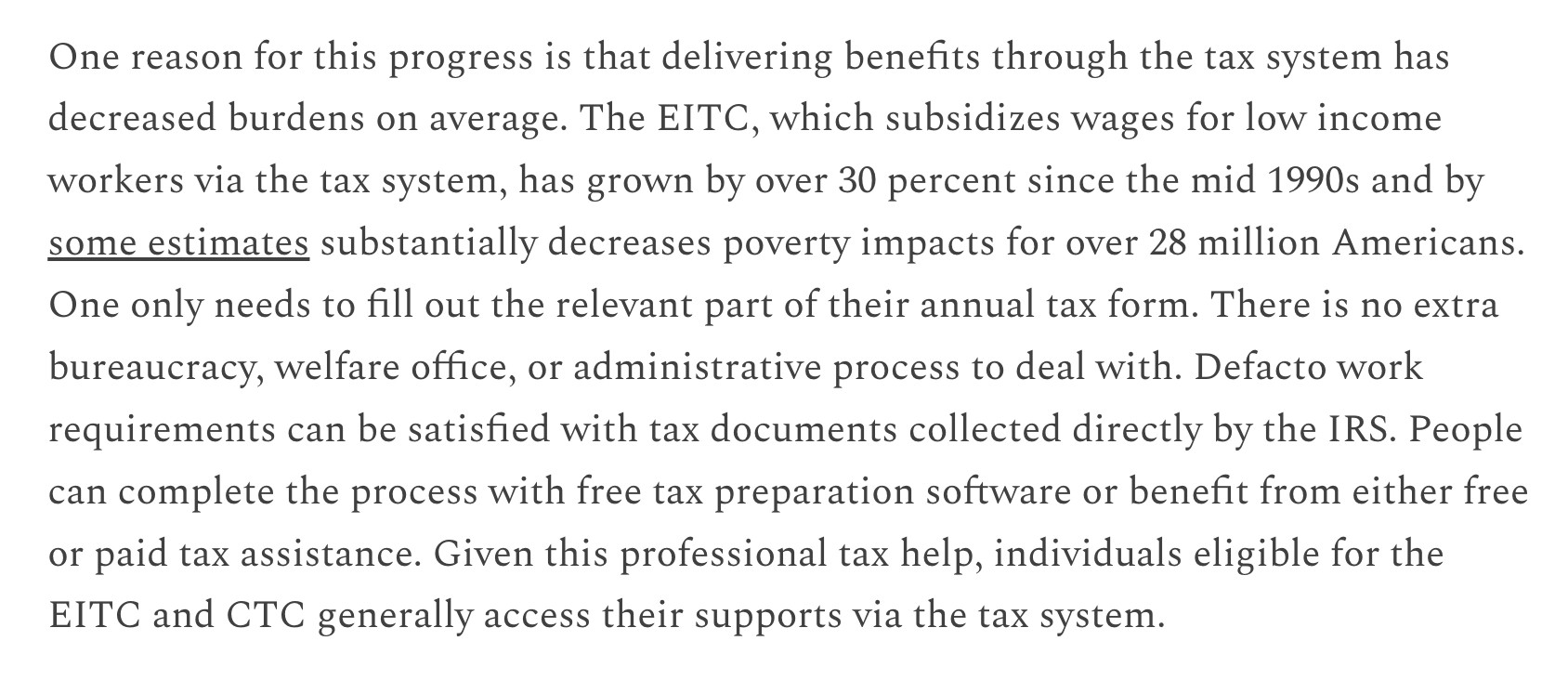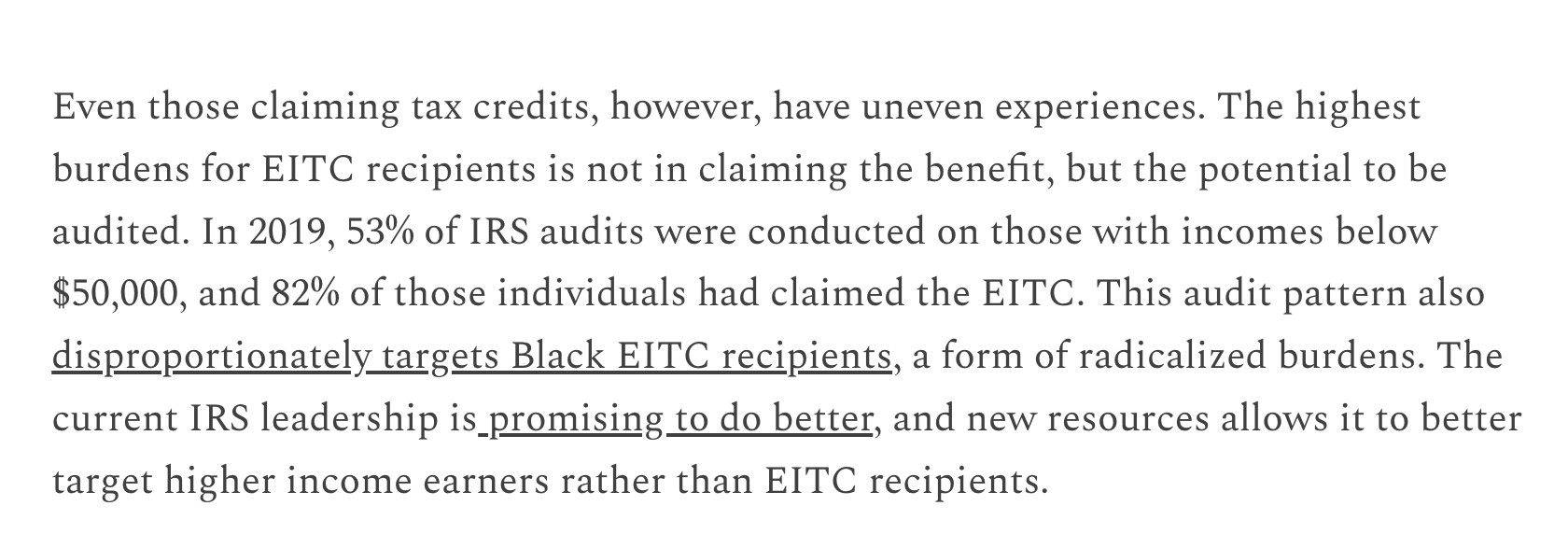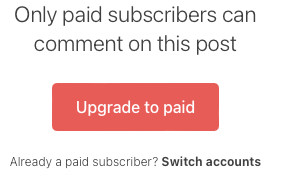
New from me & @pamherd.bsky.social: how the US welfare state has evolved Good news: programs that have grown have become less burdensome. Bad news: there is greater inequality in the experience of burden. (Please support the non-Taylor Swift take industry) donmoynihan.substack.com/p/fewer-burd...

The implications of moving more of the safety net through the tax system
Prof Moynihan, I'm curious if you have any thoughts on Suzanne Mettler's "The Submerged State." (I have not read it, but I watched her talks and interviews about it when it came out, while trying to gauge the meaning of tax credits for seismic retrofit.)
Why don't we means test corporate tax breaks? They claim tax breaks help their employees. Make them prove it.
Moving more of the welfare state through the tax system (chiefly through the EITC or Child Tax Credit) has meant lower burdens, who do not have to encounter a separate bureaucracy. But safety net clients face high burdens in the audit process.



